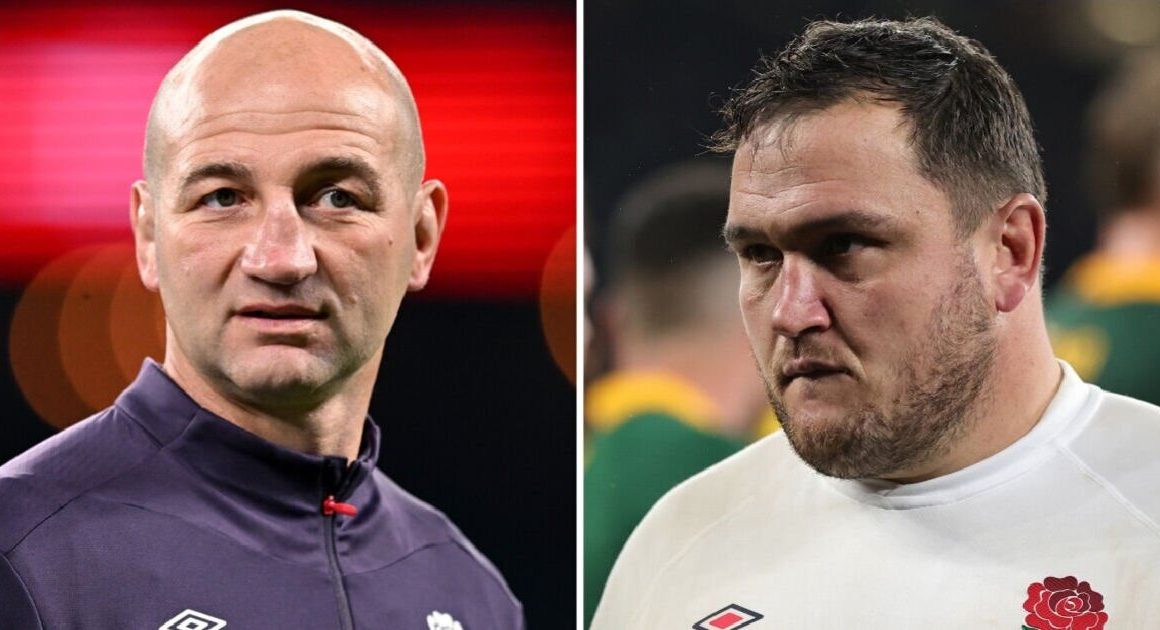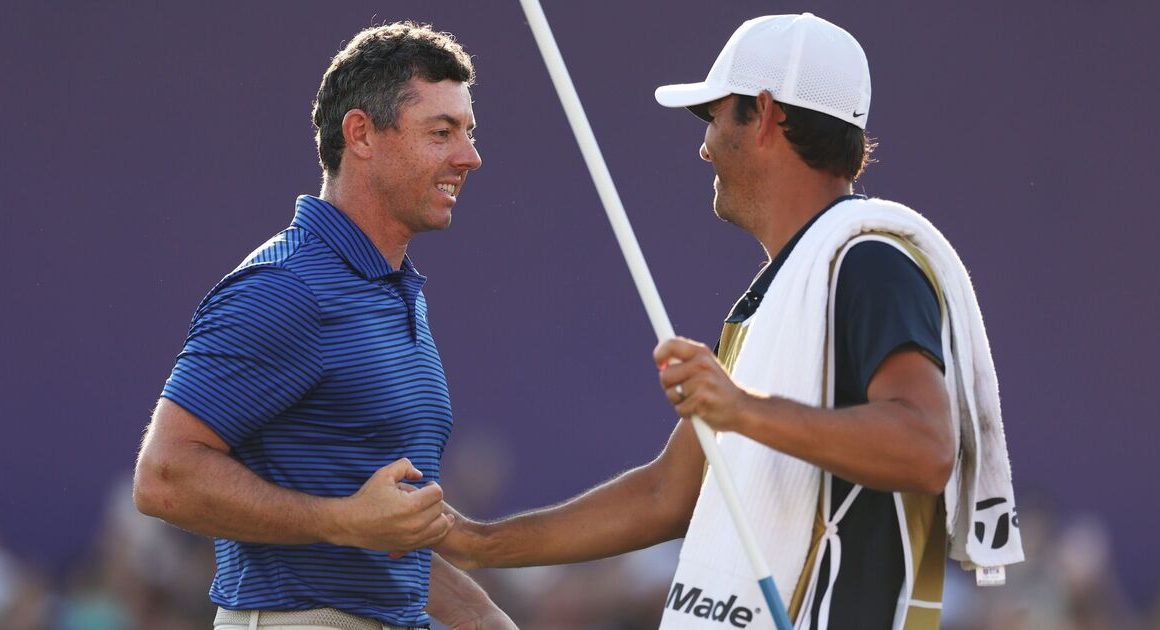Relatives and neighbours erupted in cheers on Tuesday when Algeria’s Imane Khelif advanced to the Olympic final in women’s boxing, winning a clear unanimous decision over Janjaem Suwannapheng of Thailand.
In Ain Mesbah, the rural cinder block-built town where the boxer was raised, legions of supporters convened on her uncle’s home to watch Khelif’s match. With news camera lights shining on the gathering, they drank orange juice, waved flags and whistled as Khelif jumped around the ring in excitement about advancing to Friday’s gold medal match.
“Between the quarterfinals and the semifinals, we were on edge,” said Rachid Khelif, referencing the wave of uninformed speculation about his niece’s gender. “We were afraid that these attacks would affect her psychologically. But thank God, we saw Imane in a good state of mind.”
Few Algerians could have imagined that a 25-year-old welder’s daughter from the drought-stricken Tiaret region could unite the population in such a way. But the Muslim-majority country has largely interpreted the backlash against Khelif as an attack on the nation rather than within the context of the debate underway in many Western nations about gender, sex and sports.
Joanna Harper, a former medical adviser to the IOC, weighs in on the discussion involving Algerian boxer Imane Khelif — who was ruled eligible to compete in the women’s welterweight event at the Paris Olympics but had previously failed International Boxing Association (IBA) eligibility rules over elevated testosterone levels.
In the North African nation’s newspapers, on television and all over social media, Khelif has become a hometown hero, celebrated for her successes and defended amid misconceptions about her gender and scrutiny over her eligibility to compete.
“Imane Khelif, the last round against hate and racism!” read a Tuesday headline in leading Algerian daily Echourouk, which described her as “an iconic figure in national sport.”
Rifka, an Algerian social media influencer with 5.4 million Instagram followers, posted earlier this week showing himself traveling from Algiers to Paris to stream Khelif’s matches and reading headlines about Elon Musk’s misconceptions about Khelif’s gender.
Algerian President Abdelmadjid Tebboune has called Khelif via telephone to cheer her on and backed her amid the criticisms.
“Thank you Imane Khelif for making all Algerians happy, with this strong and wonderful qualification for the final,” he wrote on X after her semifinal rout on Tuesday. “All Algerian women and men are with you.”
Khelif earlier this week said that the spread of misconceptions about her gender “harms human dignity” and, throughout the Olympics, both family members and Algeria’s leading politicians echoed that description, describing the attacks against her as misguided.
Salah Goudjil, the speaker of Algeria’s Senate, lauded Khelif on Tuesday evening for “her well-deserved qualification for the 2024 Olympic final, amid a hateful racist campaign.”
Challenges coming up
Khelif, who grew up with six siblings, was not always so embraced, however. In a pre-Olympics interview with Canal Algerie, she noted the challenges of growing up in a sheep farming community where many neighbours and family members were not accustomed to young girls pursuing certain sports.
“I come from a region and family that are conservative. Boxing was a sport for men only and the hardest thing for me was traveling between my village and the town where I trained,” she said, recounting how she sold bread in the street.
Apart from Khelif’s aunt, the audience watching her match at her uncle’s home was nearly all men. But young girls continue to train at her boxing gym in nearby Tiaret, the larger town she traveled to for training during her childhood.
A flag hangs on the wall behind the gym’s boxing ring, next to signs reading “Don’t Give Up” and “Try Again to Win.”
The controversy about Khelif’s gender and eligibility stems from the Russian-dominated International Boxing Association’s decision to disqualify her and a boxer from Taiwan from last year’s world championships. The association said Khelif’s disqualification — which came after she defeated a Russian opponent — was due to failing an unspecified eligibility test.
Its leaders and procedures have since come under fire from the International Olympic Committee, which a year ago banned the association after years of serious concerns about its financial transparency and competition governance.
The IOC has called the testing done on Khelif and Lin ” impossibly flawed,” and seemingly another part of a Russian-fueled defamation campaign directed at an Olympic Games from which its athletes are mostly banned from competing.
Such debates about gender identity may be animating the United States and Europe, but they’re mostly foreign in Algeria. Abdelkader Bezaiz, a coach at Tiaret’s boxing centre, told The Associated Press, “it only strengthens Imane Khelif’s determination and will to prove that she is the boxing champion of these Paris Games.”
“All the Algerian people are happy. Everyone was waiting for this victory,” said Khelif’s cousin, Walid Djobar. “I really hope she gets the gold medal and I have a feeling she’s going to bring it home.”
Angela Carini stopped her fight against Algeria’s Imane Khelif just 46 seconds into the Round of 16 bout. Khelif is one of two boxers permitted to fight at the Olympics despite being disqualified from the women’s world championships last year for failing testosterone and gender eligibility tests.













